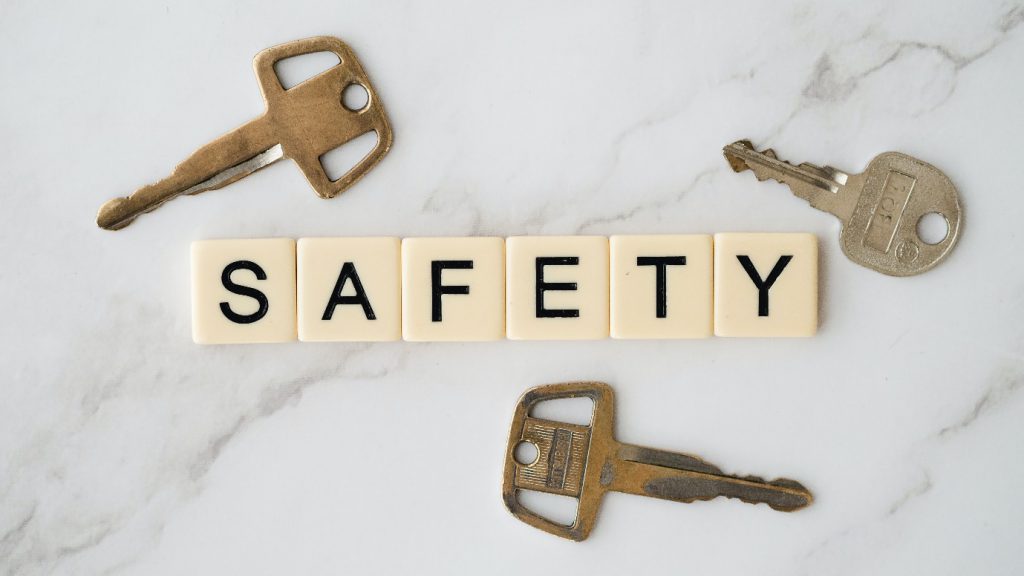Did you know that more than 60% of small businesses have experienced a data breach? Online privacy is more crucial now than ever. As we rely on the internet for almost everything, taking steps to protect your personal information is vital. In this article, we will explore essential cybersecurity tips to help safeguard your online privacy.
Strong Passwords and Authentication
Password Managers
Using a password manager can enhance your online security significantly. These tools store your passwords securely, making it easier to maintain unique passwords for each account. According to a study, 81% of data breaches are linked to weak or reused passwords. Some reputable password managers include LastPass, Dashlane, and 1Password. By automating password generation and storage, password managers help keep your accounts secure.
Multi-Factor Authentication (MFA)
Multi-Factor Authentication adds an extra layer of security. Instead of just a password, MFA requires another form of verification, like a text message or an authentication app. Real-world examples, like the use of MFA by Google, have shown it can significantly reduce the risk of unauthorized access. Protect your accounts by enabling MFA wherever possible.
Password Hygiene
Creating strong, unique passwords is crucial. Here are some tips to help you:
- Use at least 12 characters, combining upper and lowercase letters, numbers, and symbols.
- Avoid common phrases, personal information, or repetitive patterns.
- Change passwords regularly, especially after a security breach.
A cybersecurity expert once said, “A good password is like a good lock; it should keep the intruders out.”
Safe Browsing Habits
Recognizing Phishing Attempts
Phishing is a common tactic used to steal personal information. Be aware of suspicious emails, especially those that ask for sensitive data. Legitimate organizations usually don’t request sensitive information via email. Common phishing tactics include urgent requests or links to fake websites. Always verify the sender’s email address and look for red flags.
Secure Website Practices
Ensuring you’re browsing secure websites is vital. Look for HTTPS in the URL, which indicates that the site uses encryption to protect your data. A significant percentage of data breaches are related to unsecured websites. Before entering personal information, confirm the website is secure.
Avoiding Malicious Downloads
When downloading files, be cautious. Always download software from reputable sources. Check reviews and ratings before installing. Avoid clicking on pop-up ads or unsolicited links as they might lead to harmful downloads.
Protecting Your Devices
Software Updates
Regular software updates can prevent many security vulnerabilities. Software security experts emphasize the importance of patch management in keeping systems secure. Updates often include fixes for security issues. Make it a habit to enable automatic updates whenever possible.
Antivirus and Anti-malware
Using antivirus and anti-malware software is essential to protect your devices. These programs can detect and remove malicious software. Statistics show that there are millions of malware infections every year, leading to significant data loss. Invest in reputable antivirus software to safeguard your system.
Secure Wi-Fi Networks
Secure your home Wi-Fi network by changing default passwords and enabling WPA3 encryption. Avoid using public Wi-Fi for sensitive transactions. If you must use public networks, consider using a VPN to secure your data.
Managing Your Online Data
Privacy Settings
Adjust your privacy settings on social media platforms to control who can see your information. Frequently, privacy breaches occur due to poorly configured settings. Review and customize these settings to better protect your data.
Data Encryption
Data encryption is vital for protecting sensitive information. It scrambles data, making it unreadable to unauthorized users. Statistics highlight that many data breaches could have been avoided with proper encryption in place.
Virtual Private Networks (VPNs)
Using a VPN can enhance your online privacy by masking your IP address and encrypting your internet connection. They are particularly useful when accessing public Wi-Fi networks. A VPN security expert mentions that a VPN is essential for anyone serious about protecting their online data.
Online Privacy Best Practices
Regularly Review Accounts
Check your account statements and online activity regularly for any suspicious behavior. Set aside time each month to review your accounts and report anything unusual immediately.
Be Mindful of What You Share
Be cautious about the personal information you share online. Oversharing can lead to identity theft and other cybersecurity threats. Think twice before posting personal details or sensitive information on social media.
Stay Informed
Keeping up to date on cybersecurity threats is essential. Follow reputable sources like cybersecurity blogs, government advisories, and news websites to stay informed about the latest threats and best practices.
Conclusion
To summarize, these cybersecurity tips can significantly strengthen your online privacy. Strong passwords, safe browsing habits, device protection, effective data management, and privacy best practices are all essential steps. Being proactive about your online security is crucial in today’s digital landscape. Start implementing these tips today to safeguard your personal information and enjoy a more secure online experience.
365technoblog is a No.1 source for technology related tips and discussions – app, IT security, smartphones, etc. 365technoblog also welcomes guest’s writers.









Comments